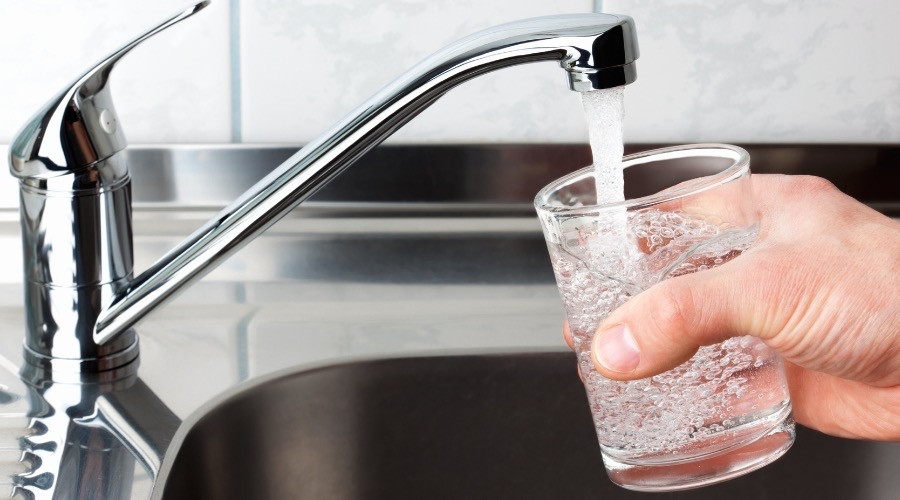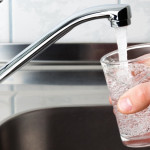The Importance of Backflow Prevention and Testing
Regular backflow testing protects residential and commercial water systems from contamination and costly plumbing issues. Backflow prevention is crucial to maintaining a clean, safe water supply and preserving the integrity of the plumbing system. Simple routine testing can prevent health risks and avoid major repairs, ensuring reliable water quality throughout the year.
What Is Backflow?
 Backflow is a hazardous plumbing issue when water contaminated with pollutants, chemicals, or bacteria flows backward into the clean water supply. This reversal typically results from an unexpected drop in water pressure, disrupting the intended one-way flow within a plumbing system.
Backflow is a hazardous plumbing issue when water contaminated with pollutants, chemicals, or bacteria flows backward into the clean water supply. This reversal typically results from an unexpected drop in water pressure, disrupting the intended one-way flow within a plumbing system.
Municipal water is designed to flow consistently from supply lines into a property’s fixtures. However, events like water main breaks, firefighting operations, or peak usage periods can reduce pressure and trigger a reversal. The risk is particularly high at cross-connections, where drinking water lines intersect with non-potable sources. For instance, a garden hose submerged in a chemical solution can easily become a backflow hazard during a pressure drop.
Health agencies like the EPA and the American Water Works Association emphasize that backflow has been linked to significant waterborne disease outbreaks, reinforcing the need for regular testing and reliable prevention measures.
What Is Backflow Testing?
Backflow testing is a specialized inspection to ensure that backflow prevention devices operate as intended. These devices, typically installed at critical points in a plumbing system, are designed to stop contaminated water from flowing into the clean water supply. A certified technician checks valve seals, pressure differentials, and relief mechanisms during a test to confirm proper function.
Most municipalities mandate annual backflow testing due to the serious public health concerns posed by system failure. Without it, plumbing systems remain vulnerable to contamination events that could result in illness, property damage, or regulatory penalties.
Faulty or aging components in a backflow preventer can fail without warning. Regular testing identifies issues early, allowing for timely repairs. Beyond health concerns, failure to maintain compliance with local testing requirements can lead to fines or insurance complications, as many policies exclude damages caused by preventable plumbing failures.
Importance of Backflow Testing
 Backflow testing is a first line of defense against contaminated water entering clean plumbing systems. This essential maintenance task ensures backflow prevention assemblies function reliably, maintaining a barrier that protects water quality and public health.
Backflow testing is a first line of defense against contaminated water entering clean plumbing systems. This essential maintenance task ensures backflow prevention assemblies function reliably, maintaining a barrier that protects water quality and public health.
The advantages of regular testing extend beyond compliance. Identifying mechanical failures before they escalate helps prevent expensive repairs and system disruptions. Inspections also help maintain proper water pressure, reducing the risk of reverse flow. In this way, a small investment in annual testing can prevent much larger expenses.
Consistent testing has a direct impact on community health. Contaminated water can transmit Giardiasis, Cryptosporidiosis, and various bacterial infections. According to the CDC, thousands of such cases occur annually in the United States due to compromised water quality. Backflow testing is a simple yet powerful tool in preventing these outcomes.
About City Plumbing
City Plumbing has served the Philadelphia area for over 20 years, providing trusted plumbing, heating, and cooling services with honesty and professionalism. The team includes three full-time master plumbers and operates without subcontractors, ensuring every project is completed to the highest standard. With an emphasis on quality workmanship, customer satisfaction, and code-compliant service, City Plumbing delivers reliable results from start to finish. Call them for expert backflow testing in Philadelphia, PA.



